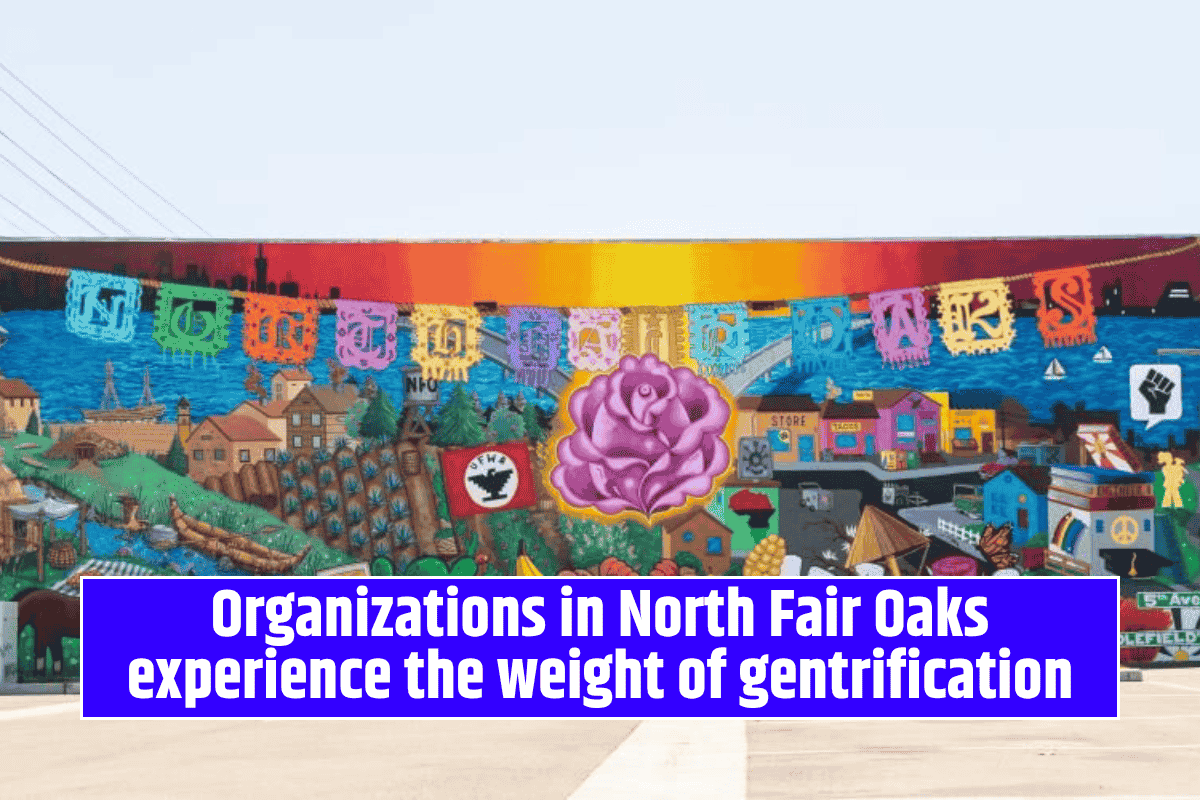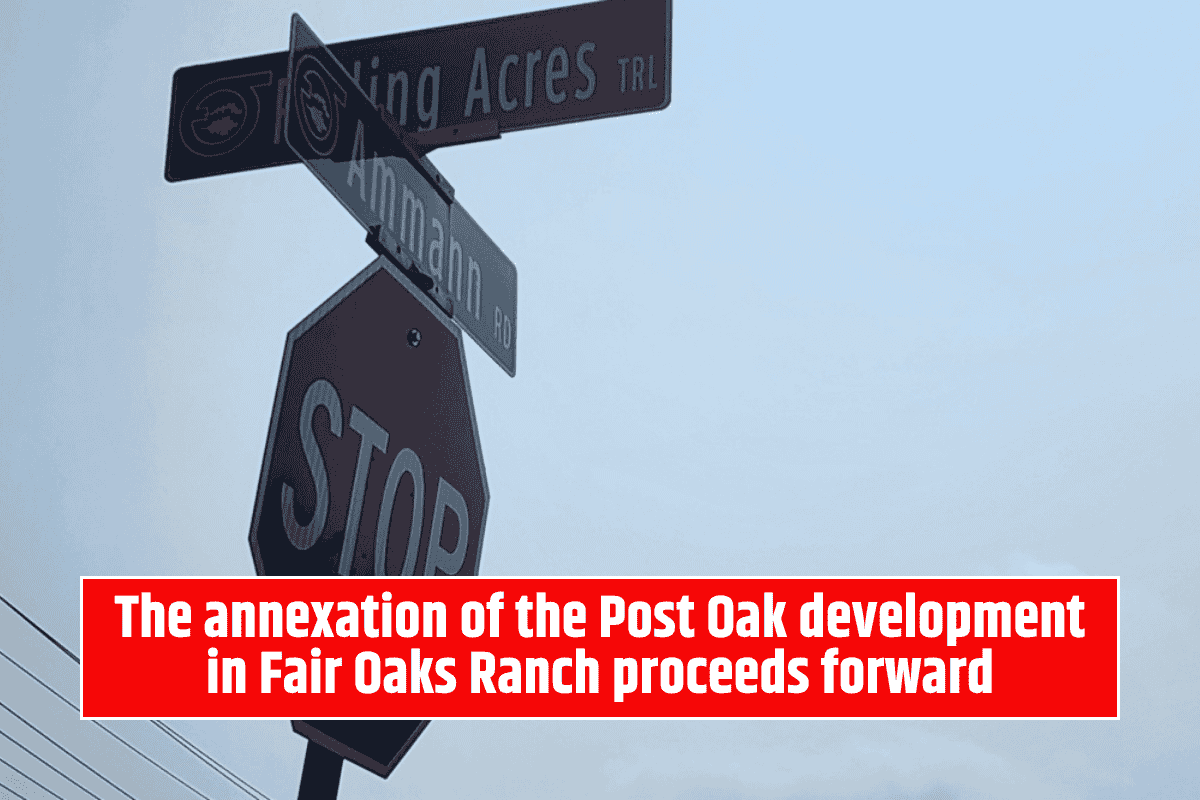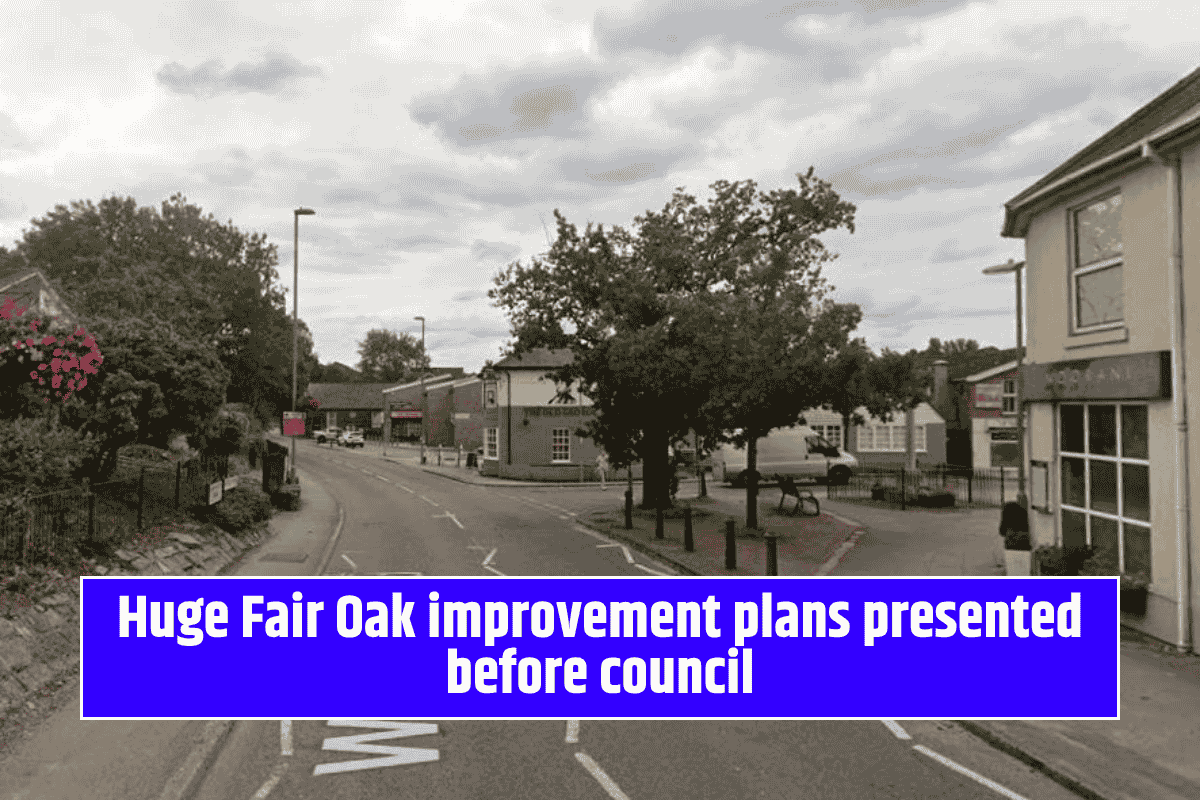The ongoing changes in the North Fair Oaks community have deeply affected long-established services and nonprofits.
As nearby cities, like Redwood City, expand and develop, organizations that have long supported low-income and immigrant families in the area are facing displacement.
Generations United, a nonprofit organization serving this community, is a prime example of how local development is uprooting essential support systems.
This article will delve into the struggles faced by Generations United and other community organizations as they try to navigate the consequences of development and gentrification.
Generations United’s Role in North Fair Oaks
Generations United has been a vital support system for families in North Fair Oaks, especially for low-income and immigrant households.
At the heart of the organization is its Academic Enrichment Center, an after-school program that helps students from local schools.
The organization initially operated out of various school sites before finding a permanent location in North Fair Oaks in 2021.
Unfortunately, in December 2023, the nonprofit was informed that they would need to vacate their current building, located at 895 Second Ave., a space just within Redwood City’s jurisdiction.
The relocation has left the community with mixed emotions. Although Ibarra Miller, the founder of Generations United, emphasizes that the organization will find a new space, the emotional toll is significant.
The move also means that families in North Fair Oaks, many of whom rely on the nonprofit for after-school support, will have to travel much further to access services.
Displacement and Community Impact
For North Fair Oaks residents like Enrique Rodriguez, the changes bring a deep sense of loss. Rodriguez, who grew up in the area and worked as an intern for Generations United, built strong relationships with the students in the program.
The center provided a safe space for children who otherwise might not have a place to be themselves outside their home. The loss of this center and its supportive environment is a blow to the community, where many families are already struggling with financial challenges.
The new location for Generations United is over two miles away, a distance that will make it harder for families, especially those without reliable transportation, to access services.
While the nonprofit has relocated to a shared space with The Salvation Army at 660 Veterans Blvd., the new location is less accessible and lacks the same walkability that the North Fair Oaks community relied on.
Verbo Church’s Struggles
In addition to Generations United, Verbo Church, which has been serving North Fair Oaks for over 20 years, is also facing displacement.
The church has played a critical role in the community by providing food distribution, school tutoring, and a safe space for families.
However, after receiving a 25% rent hike, the church’s future in the area is uncertain. Like Generations United, the church serves an essential function in a community where residents face economic challenges.
Pastor Orlando Cardona is concerned about how the rising rents and displacement of community services will affect the families who rely on these spaces.
Verbo Church’s story mirrors the wider issue of gentrification in the Bay Area, where rising property costs are pushing out long-standing community organizations that have served low-income families for decades.
The church, along with other nonprofits, faces the difficult reality of trying to sustain their services while being priced out of the communities they serve.
The Bigger Picture of Gentrification
Gentrification in the Bay Area, particularly in places like North Fair Oaks, has had a profound impact on the availability of affordable housing and community services.
The development agreement between Stanford University and Redwood City, which is contributing to the displacement of Generations United, is an example of how large-scale development projects can push out the very organizations that serve vulnerable populations.
While Stanford has provided some support to Generations United, the organization’s requests for additional community support have not been met.
This is a pattern that is being seen across the region, as the cost of living rises and development projects cater to wealthier residents. Low-income families are being forced to move out of neighborhoods where they have lived for generations, and community resources are being displaced in the process.
The story of Generations United and Verbo Church highlights the harsh realities faced by low-income communities in the Bay Area, particularly as gentrification and development continue to change the landscape.
While organizations like Generations United and Verbo Church are working hard to continue serving their communities, the increasing costs of rent and development projects are making their work harder.
The future of North Fair Oaks, like many neighborhoods in the Bay Area, is uncertain, and many residents fear that they will soon be pushed out of their homes and communities.
It’s important to recognize that these organizations are not just spaces for services—they are community pillars that provide emotional and practical support to families.
Their displacement is not just a loss of a physical location; it’s the loss of a safe space and a sense of belonging for many residents. The challenge now is to find ways to preserve these essential community services amid the growing wave of development and rising costs.















